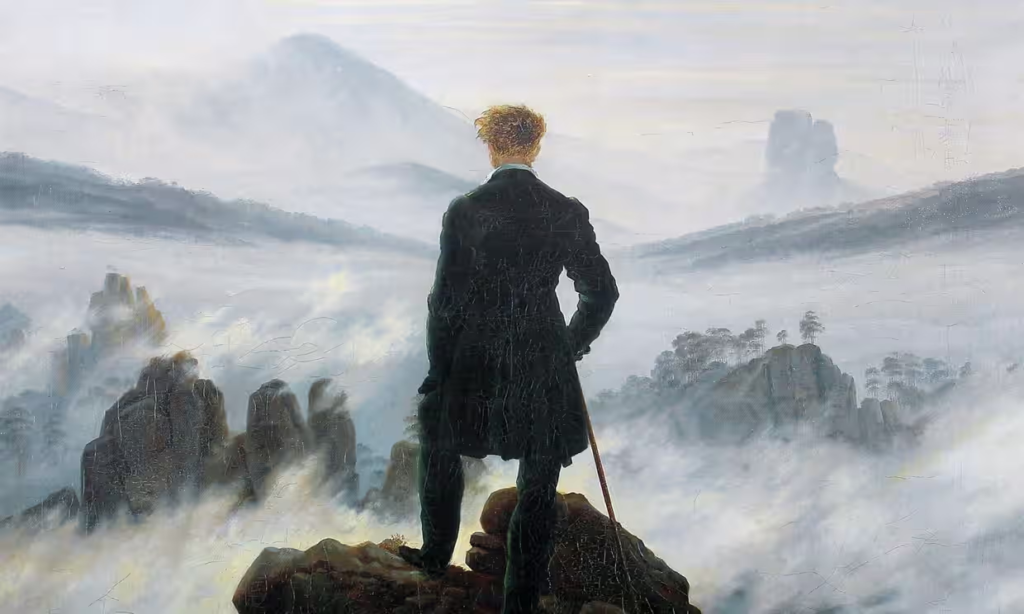
Ross Barkan writes for The Guardian on the strange meldings of the nascent neo-Romantic movement:
Not all of the old romantics were opposed to Judeo-Christian religion, but they were drawn, like the youth of today, to spiritual realms that operated far beyond any biblical teachings or rationalist precepts. They were deeply wary of technology’s encroachment on the human spirit. They feared, ultimately, an inhuman future – and hence their rebellion. Today’s romantics, still nascent, sense something similar. Why else, in such an algorithmic and data-clogged age – with so much of existence quantifiable and knowable – would magic suddenly hold such sway?
The greater hope for the new romanticism is, in some sense, art, and not the dominance of digital charlatans who promise all of life’s riches are at hand if only you visualize hard enough or utter the correct incantations. Embracing the paranormal or believing, wholeheartedly, that star positions can determine personalities can be harmless fun – until the delusions become life-consuming and despair takes hold when they inevitably do not deliver on their promise.
Irrationality, on its own, is no virtue, and some of the romantics of the 19th and 21st centuries succumb to the same ancient dross, magic alone as the supposed channel to transcendence. That spiritualism has spread with tech is an irony fitting of the age.
